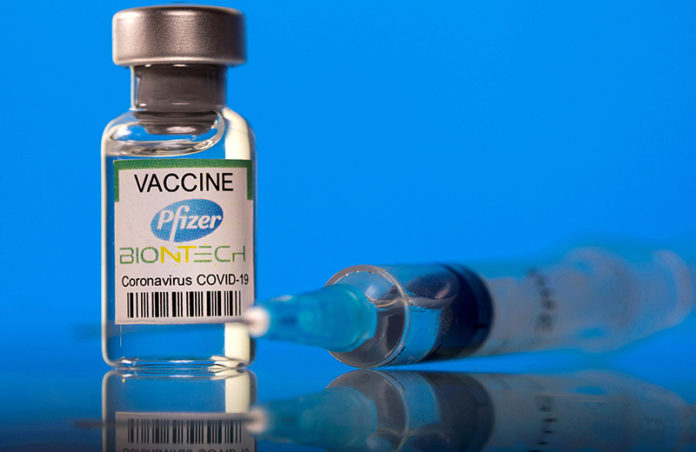South Africa’s National Department of Health has today published a new circular that details recently updated COVID-19 vaccination dosing rules in the country, with new information about what is known as vaccine “Mixing & Matching” for adults.
Information in the new circular only covers Pfizer’s Cominarty jab and the Johnson & Johnson Janssen vaccine. No guidelines are provided for the recently adopted Sinopharm vaccines or others.
New Guidelines
According to the department, from 23 February 2022, people will only have to wait 21 days to get their second dose of the Pfizer vaccine. Previously people would have had to wait 42 days. People who received their second dose can now receive their third booster dose after only 90 when it was previously 180 days.
As for the J&J jab, people can receive their second booster dose after 60 days from 21 February 2022.
Vaccine Mixing
Also from 23 February 2022, South Africans will be allowed to mix and match the Pfizer and J&J vaccines, depending on availability, if they so wish.
This option has now been opened by the Department to any adults 18 years and older, however, the Department still recommends that the same vaccine type be used through all inoculations.
- People who have received one dose of the J&J vaccine can get a dose of the Pfizer vaccine after 60 days
- People who have received two doses of the Pfizer vaccine can get a dose of the J&J vaccine after 90 days
“If both vaccines are available, homologous (same vaccine) boosting should be preferred, unless the vaccine requests to receive a heterologous (mixed vaccine) booster dose, or has a history of experiencing an adverse event following immunisation,” the department said, quoted by Broad Media.
Are there Benefits to Heterologous Inoculations?
There are some studies that detail the potential benefits of mixing and matching vaccine types, whether it be with Pfizer and Johnson & Johnson or otherwise. This, what is known as the “mix & match” approach, has been confirmed to be safe and the approach of mixing vaccines has been used for diseases like HIV, Ebola and Influenza in the past with reported beneficial effects.
Usually, it is lower to middle-income countries that will delve into vaccine mixing as availability and pricing become issues for those looking to be inoculated. While experts believe that mixing and matching in these circumstances, where other vaccines (homologous vaccines) or not present, is beneficial as it could create strong immunisation responses, such as in the case of COVID-19. However, the lack of evidence, either way, means that such an activity should be considered risky.
What the Science Recommends
Experts are recommending that you should stick to the type of vaccine you first received for all of your boosters as specific vaccines have been tested and studied to ensure not only safety but proper immunisation.
While vaccine mixing is considered relatively safe, it is not yet known whether it actually gives a greater advantage against COVID-19 than just keeping to one brand the whole ride through.













